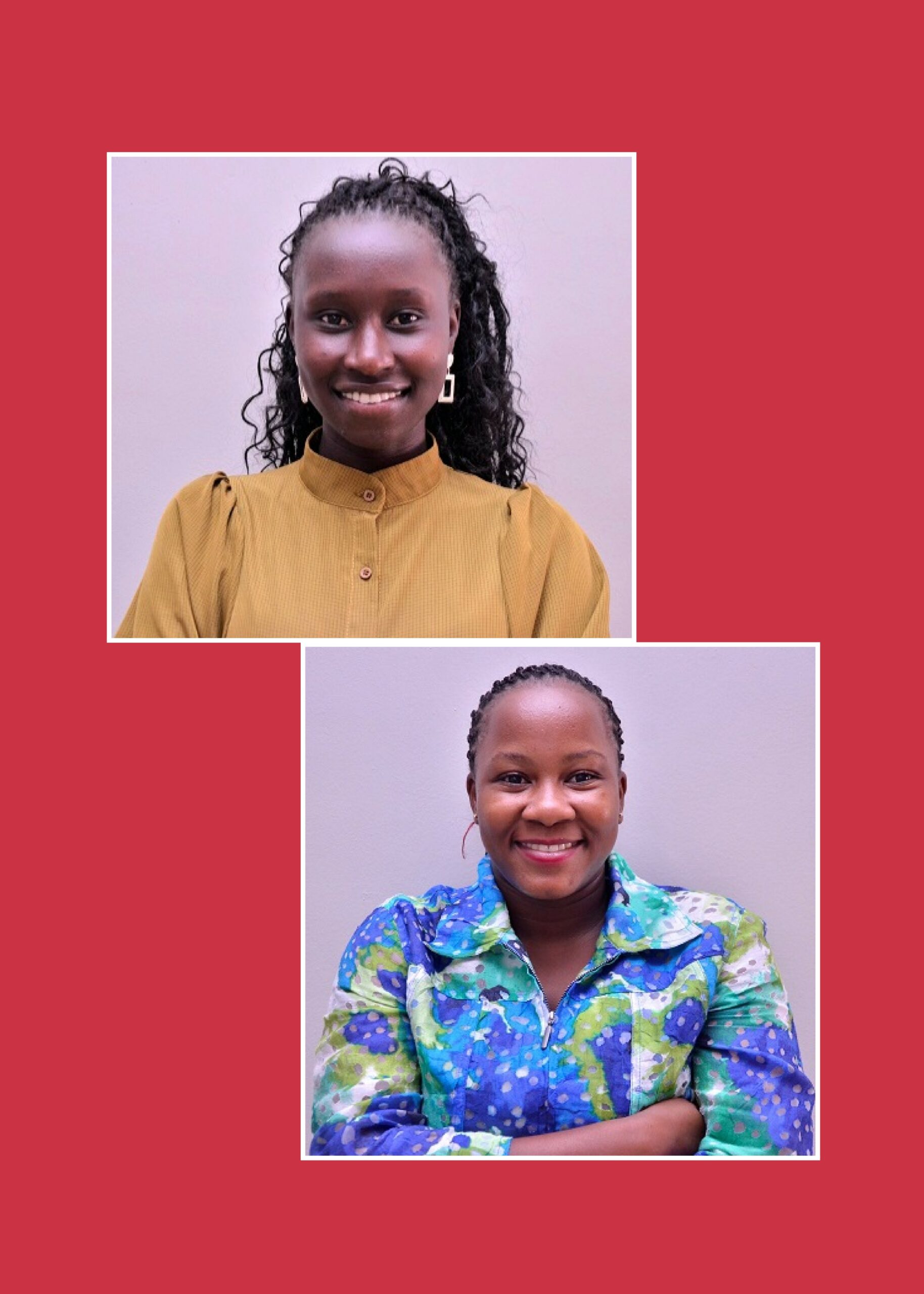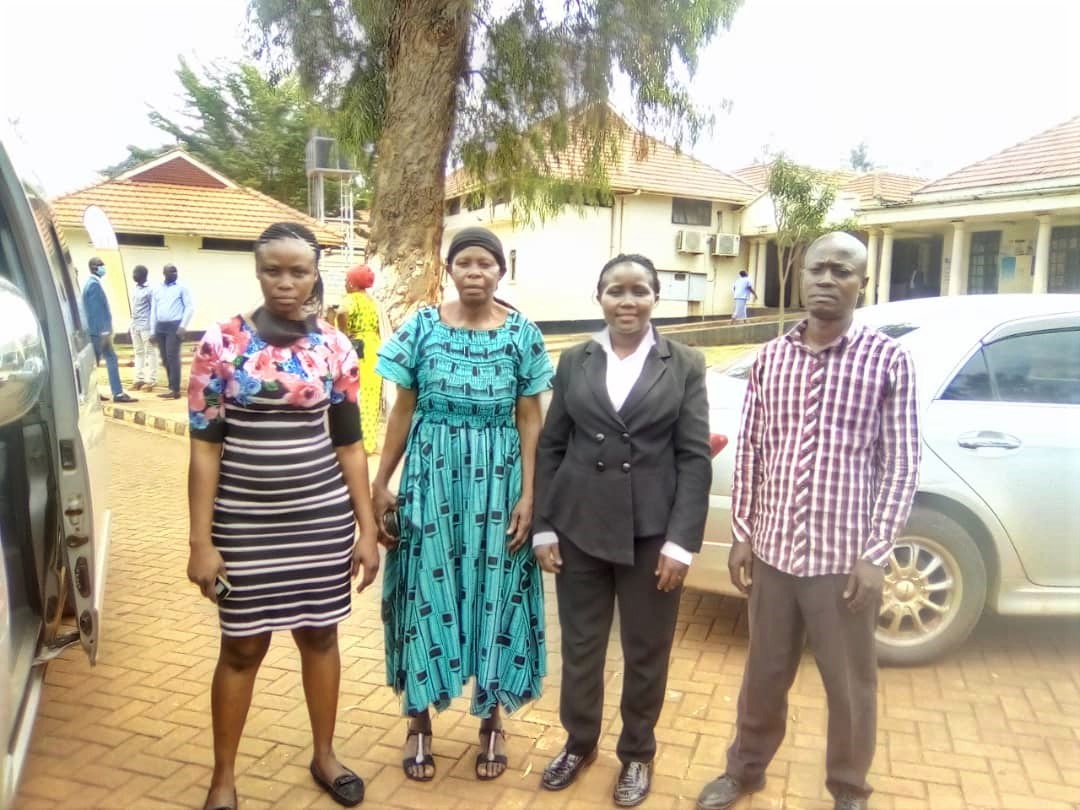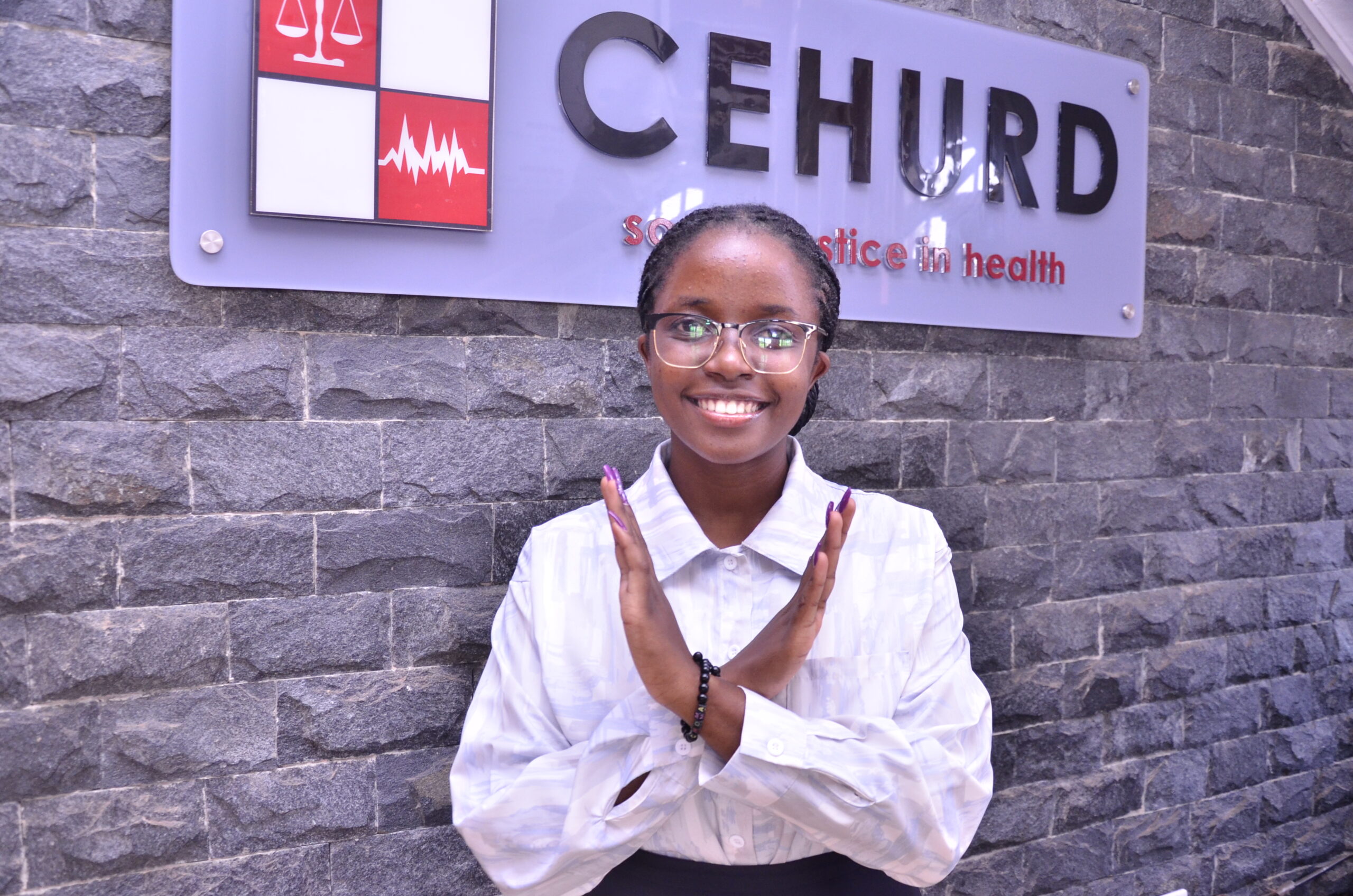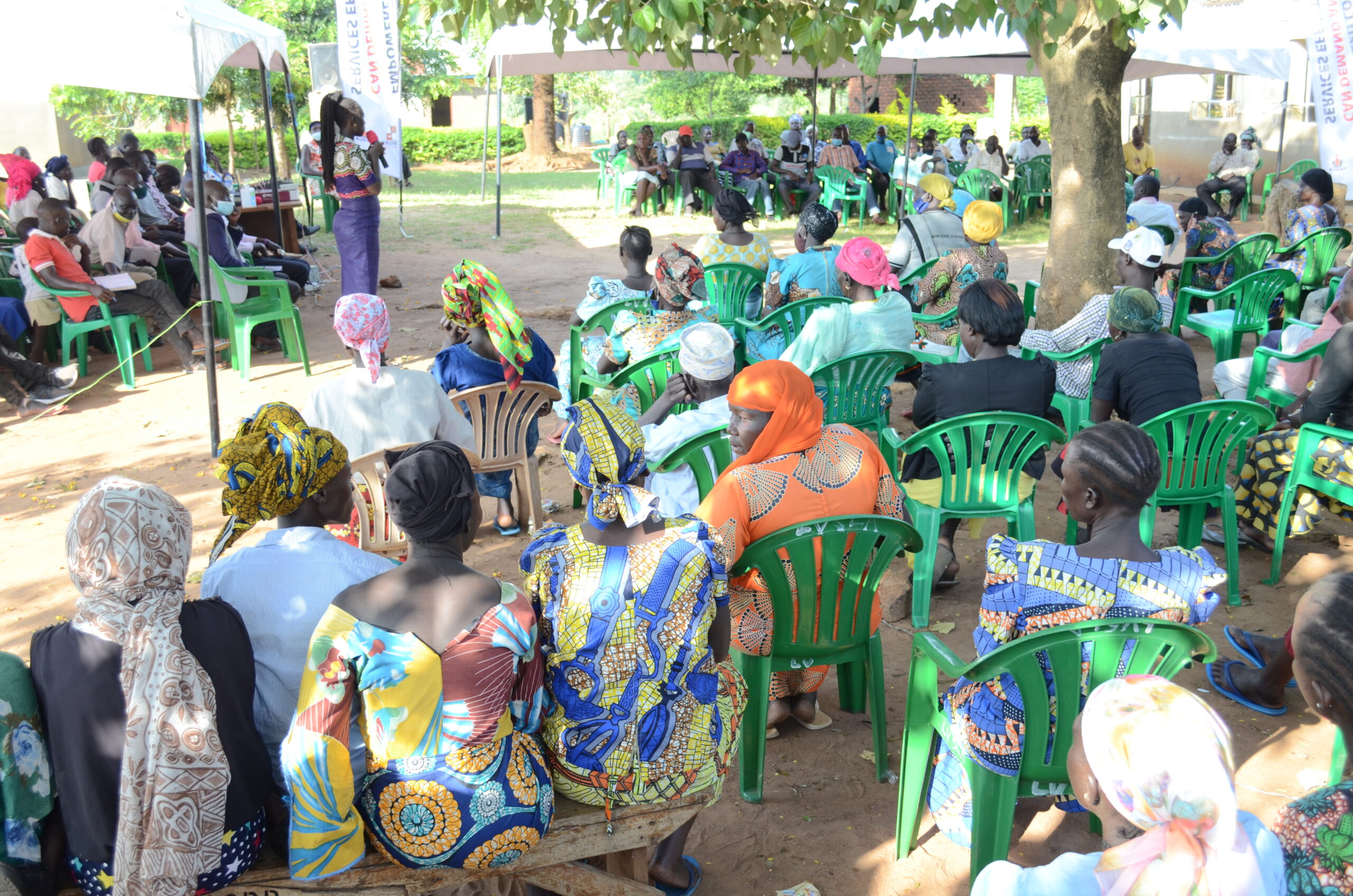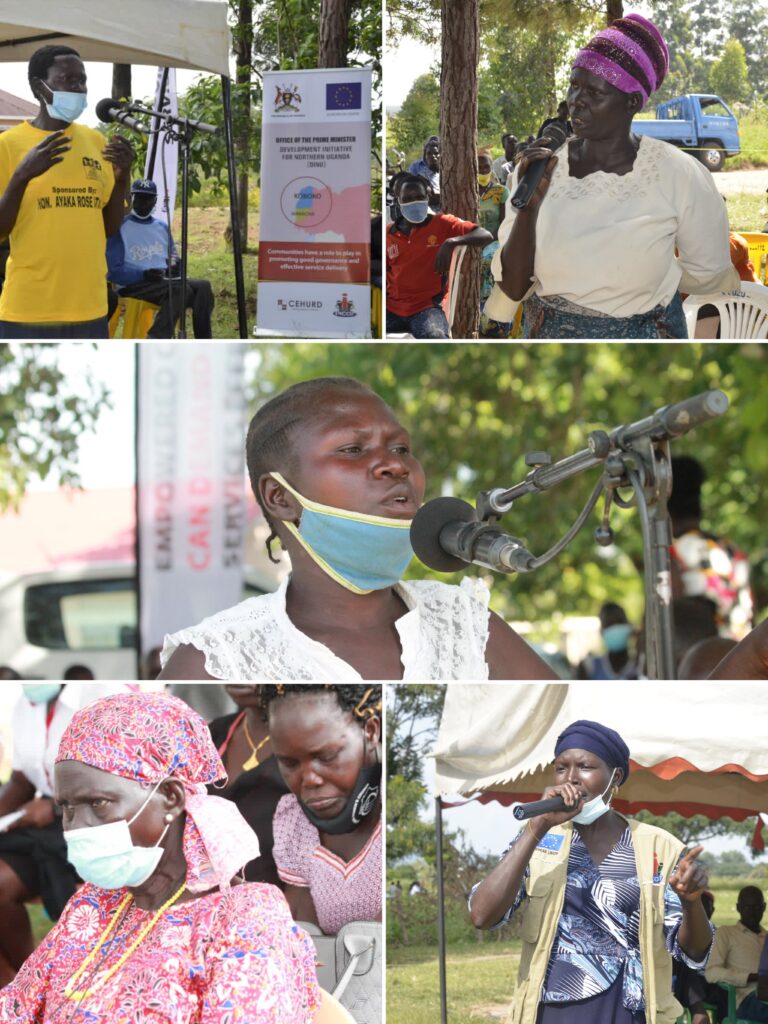About a quarter of the world’s population is infected with TB. For the first time in over a decade, tuberculosis (TB) deaths increased in 2020 with 16 cases per 100,000 people. The Government should ensure access to TB care, services and policy making guided by human rights standards and principles.
We continue to educate the public about the impact of TB around the world. A tuberculosis free world for all is the way to go! “Invest to end tuberculosis, save lives”
in commemoration of the World Tuberculosis Day 2022.
By Tracy Rita Achola & Dhafa Esther
Background:
Every year, the world commemorates and observes the World Tuberculosis Day on the 24th March aimed at raising and building public awareness about the global epidemic of tuberculosis and efforts made to eliminate the disease. This year, the World TB Day is being commemorated under the theme “Invest to End TB, Save Lives” conveying the urgent need to invest resources to ramp up the fight against TB and achieve the commitments to end TB made by global leaders.
Context:
Tuberculosis (TB) is a communicable disease that is a major cause of ill health and one of the leading causes of death worldwide. Until the coronavirus (COVID-19) pandemic, TB was the leading cause of death from a single infectious agent, ranking above HIV/AIDS. Uganda is one of the 30 World Health Organization (WHO) designated countries with a high burden of TB.
According to the World Health Organization (WHO) Global Tuberculosis report 2021, TB is caused by the bacillus Mycobacterium tuberculosis, which is spread when people who are sick with TB expel bacteria into the air (e.g., by coughing), and the disease typically affects the lungs (pulmonary TB) but can also affect other sites. Most people (about 90%) who develop the disease are adults, with more cases among men than women, and about a quarter of the world’s population is infected with M. tuberculosis.
Also, according to the World Health Organization (WHO) Global Tuberculosis report 2020, an estimated 88,000 people fell ill with TB and an estimated 156,000 people died of TB in 2019, with men make up majority of the cases in the country (56%) and children accounting for 13%. It was estimated that each day 4,100 people lose their lives to TB and close to 28,000 fall ill with this preventable and curable disease.
COVID-19 and TB:
The Covid 19 pandemic has reversed years of progress made in the fight to end TB due to reduced access to TB diagnosis and treatment during the pandemic. For the first time in over a decade, TB deaths increased in 2020 with 16 cases per 100, 000 people. According to the WHO, the COVID-19 pandemic has put the previously encouraging global progress and gains on TB control at stake, by not only posing an increased risk to people with TB but also causing severe disruption to services.
Amidst the challenges of the pandemic, it has taught us that health is indeed a human right and not a luxury for only those who can afford it, hence investing in the health system and Universal Health Coverage (UHC) is key. To defeat both COVID-19 and end the TB epidemic, countries need to have solidarity, determination and equitably use the available tools and systems in place, as well as redoubling efforts and investments to urgently close widening gaps in access to much-needed prevention and care for the millions affected by the disease.
Global Commitments on TB:
The struggle to end TB has not started just now, and it is not only a struggle against a single disease but also the struggle to end poverty, inequity, unsafe housing, discrimination and stigma, and to extend social protection and universal health coverage to all. Different global commitments have since been made on TB and its important that countries assess themselves on whether these are being fulfilled accordingly or not.
On this World TB Day, we call upon the Government of Uganda through the Ministry of Health to invest resources in TB prevention, treatment and control in order to ramp up the fight against TB but also aim at fulfilling and achieving the commitments to end TB made by the global leaders. These commitments include;
- The SDG Target 3.3: By 2030, end the epidemics of AIDS, TB, malaria and neglected tropical diseases, and combat hepatitis, water-borne diseases and other communicable diseases.
- WHO End TB Strategy: 80% reduction in the TB incidence rate (new and relapse cases per 100, 000 population per year) by 2030, 90% reduction in the annual number of TB deaths by 2030, and no households affected by TB face catastrophic costs by 2020.
- UN high-level meeting on TB, 2018: 40 million people treated for TB from 2018 to 2022.
Call to action:
The Government of Uganda, through the Ministry of Health and the Ministry of Justice and Constitutional Affairs, is committed to promoting and protecting the right of all Ugandans to attain the highest attainable standard of health.
We recognize the efforts of the Government of Uganda in promoting the right to health for all and doing their best to ensure that TB services are in place and sought for by the people in need of them. Nevertheless, more efforts can be undertaken to ensure 100% access to the TB care and services.
To achieve the set milestones and targets on ending the TB pandemic both in Uganda and beyond, it is critical to deal with the current violations being faced by people living with tuberculosis.
Some of the violations include among others; Inability to access health care services due to high treatment costs, Stigma & discrimination, Shortage of qualified staff in some health facilities to respond to the needs of patients, Inadequate/stock out of medicines, Inadequate supplies and medical equipment, Treatment without informed consent, Isolation and exclusion of people living with TB, and barring some travelers with a history of TB from having access into some countries.
In order to effectively deal with these issues and in a bid to realize the global TB commitments, strategies and targets, for this World TB Day the Center for Health Human Rights and Development (CEHURD) calls upon the Government of Uganda to;
- Take on immediate action to put together resources, to support TB screening at the entrances of health facilities both private and public.
- Restore and support access to and provision of comprehensive care, treatment and essential TB services. The services should be made available, accessible, acceptable and of good quality.
- Emphasize the Human Rights based approach to health, where health policy making and programming for TB is guided by human rights standards and principles.
- Emphasize a multi sectoral approach with all stakeholders playing their roles towards ending the TB pandemic in Uganda.
Conclusion:
As we commemorate the World Tuberculosis (TB) Day 2022, we light a candle in remembrance of those whose lives were lost due to Tuberculosis.
More investment and commitment towards ending the TB pandemic will definitely save billions of lives, smoothen the end of the TB pandemic and enable us to achieve the World Health Organization (WHO’s) drive towards achieving a TB free world.
This Article is written by the Strategic Litigation team at Center for Health, Human Rights and Development (CEHURD).

